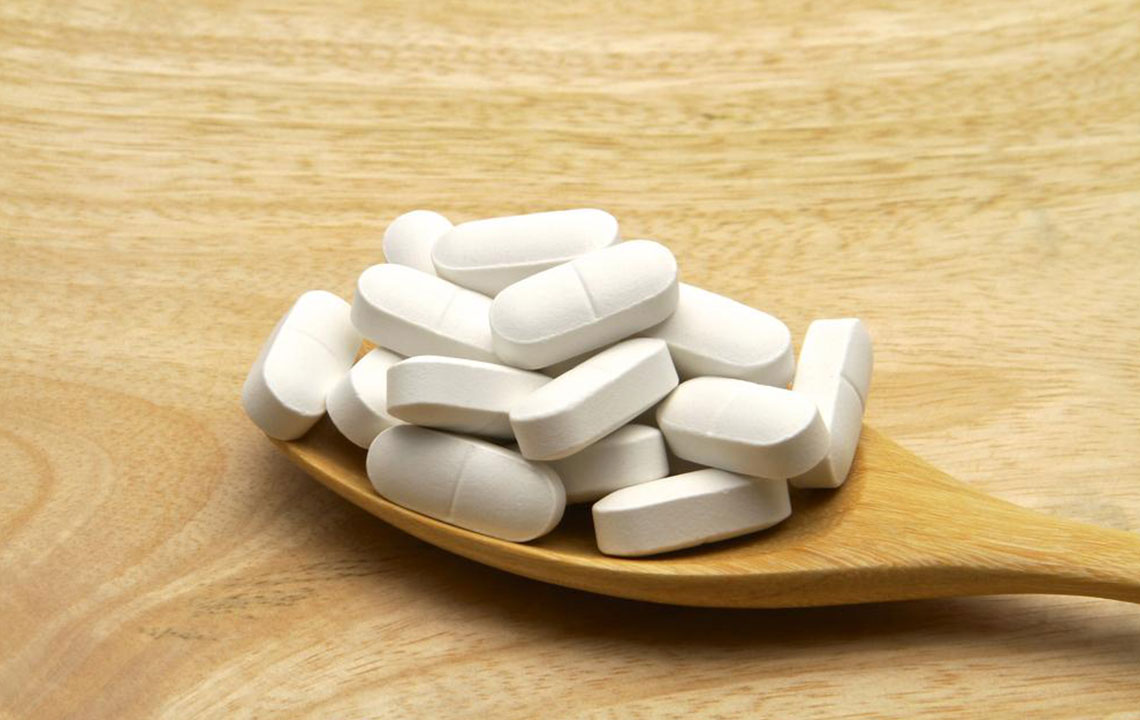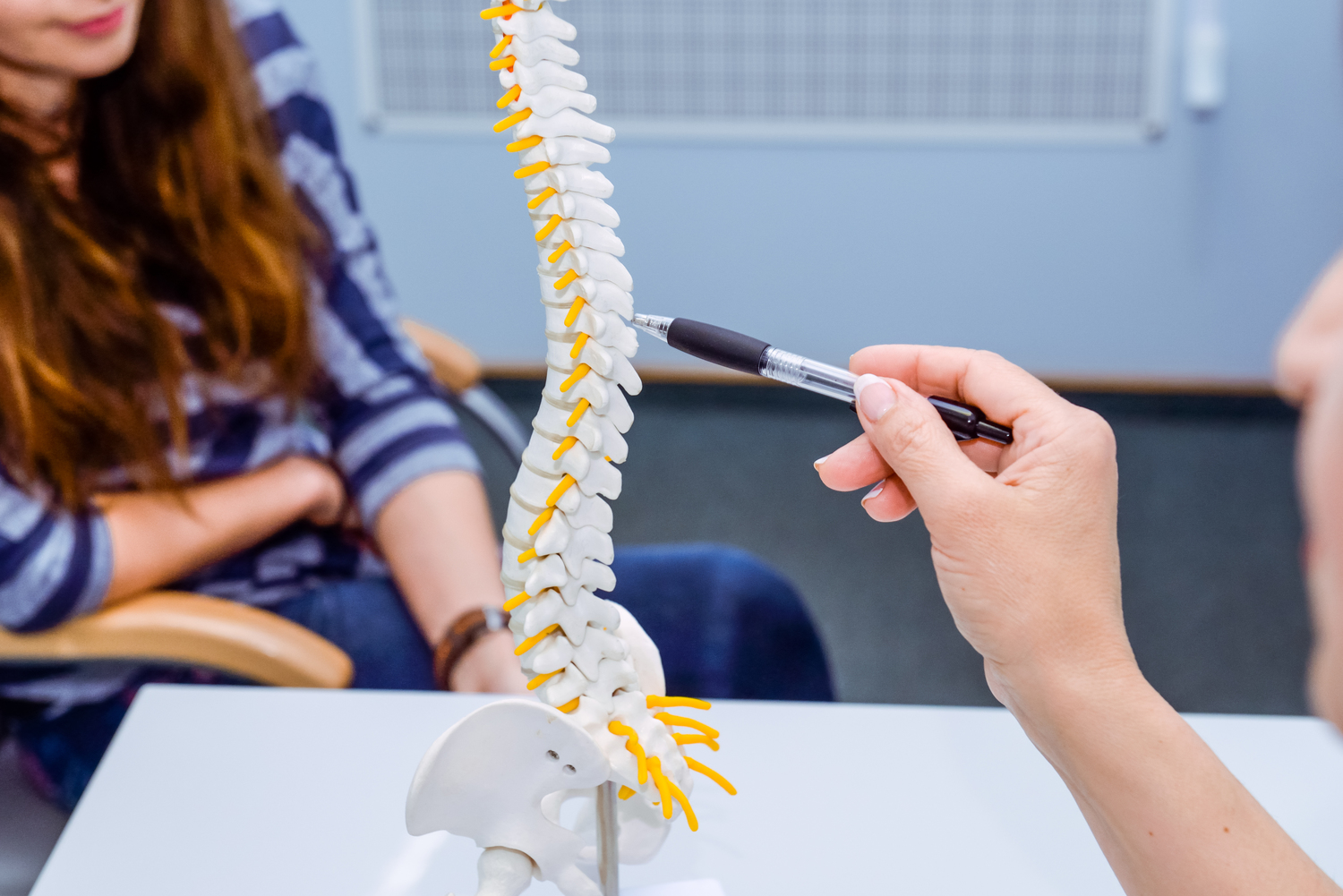Strategies to Reduce Age-Related Health Risks
Discover effective strategies to promote healthy aging and reduce risks associated with age-related diseases. Learn about lifestyle tips, diet, exercise, and preventive measures to maintain body and mind vitality as you grow older.

Strategies to Reduce Age-Related Health Risks
As we celebrate each birthday, we become increasingly aware that aging gradually affects our bodies. While it's natural to accept this inevitable process, understanding how to age gracefully is essential. Aging involves changes in body, mind, and spirit. To promote healthy aging, it’s important to follow key do’s and don’ts.
Let’s explore what aging does to our bodies.
One visible sign is height reduction, often accompanied by stooped posture, caused by weakening of the supporting muscles.
The decline in height and slouching result from laxity in erector muscles.
Physiologically, all organs and systems slow down over time. Specifically, cardiovascular health declines as arteries stiffen, which may increase the risk of hypertension and heart issues. Maintaining a balanced diet, regular exercise, and sufficient sleep (6–8 hours) are vital for heart health.
Factors like smoking, stress, and unhealthy habits accelerate cardiac problems.
The musculoskeletal system also experiences wear and tear, especially in weight-bearing joints. Calcium deficiency and low vitamin D can weaken bones, increasing fracture risk. Gentle joint-focused exercises and calcium-rich diets help protect bone health.
Metabolism slows with age, often causing indigestion and heartburn. Smaller, nutritious, and easily digestible meals are recommended, with the last meal at least 2–3 hours before bed. A fiber-rich diet prevents constipation.
Prostate health in men can be safeguarded by regular urination, managing constipation, and maintaining a healthy weight.
Brain cell decline affects memory and cognitive function, but an active lifestyle, good nutrition, stress control, regular exercise, and adequate sleep can boost brain health.










